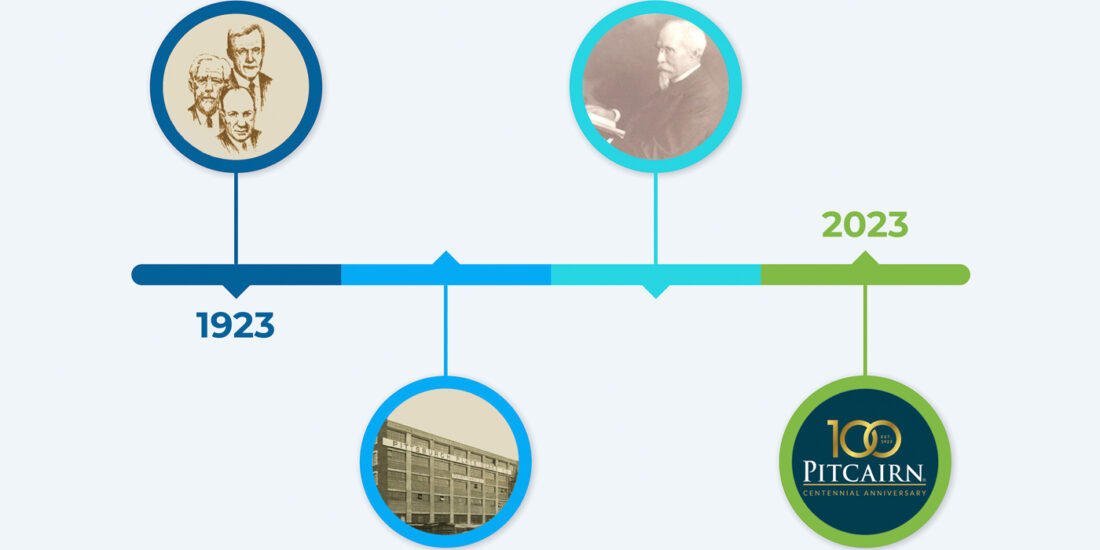Myth: The goal of any family business is to maximize Profits
A case:
One beautiful, sunny day, Edward, 73, sat back at his desk and assessed his life. He was living the dream—with one exception. He had several homes, a devoted second wife, and he spoke with his best friends every day. However, his business was failing.
Over the past ten years, he had hired many of his best friends to lead various divisions of his manufacturing company, and Edward and his GMs were having a ball. The company manufactured sporting goods that he and his friends used all the time. Unfortunately, the company was losing money.
This had gone on for too long, so Edward convinced his son, Charlie, to step in as president and COO, hoping Charlie could turn the company around. Charlie had an MBA and was showing great success in the corporate world. Plus Charlie lived nearer to the business than his father did. So after some haranguing, Edward convinced his son to lead the company. Problem solved.
But things didn’t go according to plan. Charlie didn’t lead the way Edward led. Charlie shared too much information with employees. Charlie spent too much time listening to employees and getting influenced by what they wanted. Charlie even terminated some of Edwards friends, at least the ones Edward would let him terminate.
Sure the company was starting to show profits, but Edward wasn’t having nearly as much fun as before. Changes were happening too fast. His GM buddies started listening to Charlie, not Edward, and Edward didn’t like the direction that was going one bit.
So Edward decided to remind everyone who was boss. When the GMs told Edward what they were working on with Charlie, Edward told them to change direction and do something different. Edward knew this business better than anyone. He knew what needed to happen. People needed to start listening to him again.
That’s when Charlie started calling. Sure, Charlie had been communicating regularly, in writing per their agreement, but Edward didn’t like reading the updates. He liked talking with his buddies live on the phone. Eventually, however, Edward’s buddies stopped calling him. At least it had slowed down a lot. What was going on? This wasn’t fun anymore.
Finally, Charlie insisted on meeting with Edward in person to discuss the situation. Charlie pointed out that he and Edward weren’t communicating well, and they were sending mixed, disruptive signals to the GMs. Then Charlie had the nerve to ask to run the business on his own and send Edward out to pasture. Sure, Edward said he wanted to fish and play more golf, but not if it meant he wasn’t involved in his business. This was his business after all!
The conversation deteriorated quickly, and Charlie announced that he was leaving the business. Edward was relieved. Charlie had done a good job turning the company around, but Edward’s buddies had become too close with Charlie, and that didn’t feel good to Edward, so, good riddance.
An analysis:
This story is a real example (names changed) of one of the biggest myths of a family business: that profit motive is the number one goal. In this case, it wasn’t. Edward brought Charlie into the business to make it profitable, but in doing so, Charlie disrupted something far more important to Edward than profits. Charlie disrupted Edward’s relationships with his buddies. Charlie challenged Edward’s relevance.
In family business reality, every member of the family has his or her unique reason for being in that family business, and they don’t always align. A non-exhaustive list of reasons to be in a family business include:
- Making a fortune
- Making a living
- Job security
- Proving to a parent that you are good enough
- Proving to yourself that you are good enough
- Continuing the family legacy
- Asked by parent to join the business
- Loyalty, duty, caring, obligation
- Keeping the family close
- Taking care of the employees who have been loyal for decades
- Never considered not being in the family business
- Maintaining relevance, power or control
Conversely, in public corporations, the goal is clear: Officers have a fiduciary duty to maximize shareholder value. Every decision is based on whether it’s accretive to shareholders or not. Full stop.
In a family business, profit motive isn’t always number one. It’s usually mentioned in the top five, but in reality, maximizing profits rarely falls at the top for every member of the family business.
And that’s one reason leadership in a family business is such a unique challenge. In a corporation, the goal is clear: everyone is there to maximize profits. In a family business, gaining alignment on important decisions such as reinvestment and dividend strategies can be a torment when you have multiple family members each of whom has different needs, motives and values.
The role of professionals:
As professionals serving the needs of families in business, our ability to surface issues such as these can be critical for the family. Misalignment of needs and values isn’t always obvious, and yet unaddressed, can lead to behavior that is problematic to both the business and the family.
In Edward and Charlie’s case, Charlie took some time to find his path and is now very happy in a new career. Edward, meanwhile, has his buddies back in his life, but has faced some unpleasant realities, as his business is unprofitable again. As a result, he has had to downgrade his lifestyle and sell some homes to fund his company’s losses.
Had Edward and Charlie employed a professional to help them identify and address the real issues underlying their conflict, they might have had a different outcome. Charlie’s motivation for joining the business was to protect and grow the inheritance for future generations. But over time, it became more important for Charlie to escape from conflict he couldn’t understand or tolerate any longer. For Edward, the idea of passing down inheritance to his descendants held great appeal, but not at the expense of his relevance which became more important.
A skilled professional may have helped both Edward and Charlie achieve their goals, which didn’t need to be mutually exclusive. This work isn’t easy, but difficult conversations facilitated by a coach, therapist, or close advisor who has developed the relevant skills, can help families achieve more financial stability and bring them closer together than ever before.
About the contributor:
 Cathy Carroll is the founder of Legacy Onward, which provides leadership and executive coaching for family businesses. She is the grandchild and child of two successful entrepreneurs, and after a 20-year corporate career, she led a turn-around of an underperforming company in her family’s business and went on to found her own firm. Cathy can be reached at can be reached at [email protected].
Cathy Carroll is the founder of Legacy Onward, which provides leadership and executive coaching for family businesses. She is the grandchild and child of two successful entrepreneurs, and after a 20-year corporate career, she led a turn-around of an underperforming company in her family’s business and went on to found her own firm. Cathy can be reached at can be reached at [email protected].




